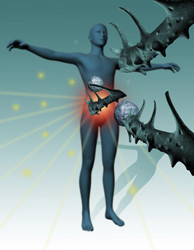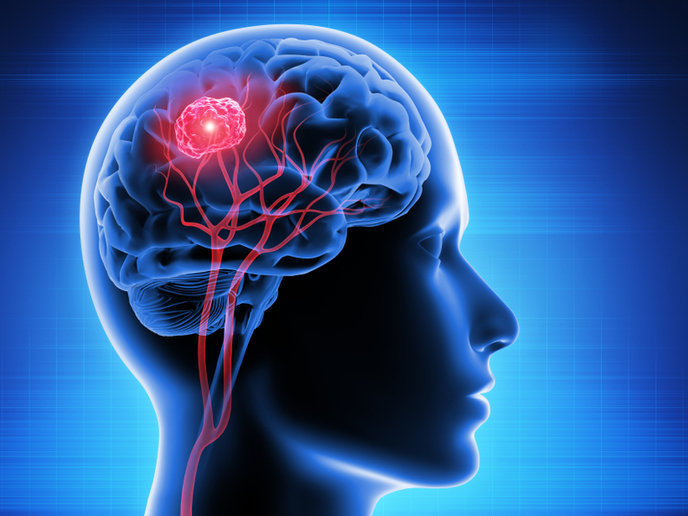Educating the immune system
Vaccination essentially educates the immune system against pathogens before they are encountered, thereby protecting against infectious diseases. However, infectious diseases such as HIV and Hepatitis C remain a serious health issue. Research efforts to address this problem have recognised the natural killer group 2-member D (NKG2D) receptor as an important mediator of the cytotoxic potential of CD8 T cells. Cellular immunity mediated by memory CD8 T-cells provides protection against infections and the development of cancer. NKG2D is expressed on effector and memory T-cells and binds ligands which are up-regulated in infected and cancer cells. Scientists on the EU-funded 'Memory control; the role of NKG2D and the T-cell receptor in memory T cell biology' (NKG2D IN T-CELLS) project wished to explore this further by elucidating the role of NKG2D in the formation, maintenance and function of memory CD8 T cells. For this purpose, they generated mice deficient in the NKG2D receptor and studied their T cells. They found that when these mice were infected with virus, they could mount normal immune responses but proved less efficient at forming memory cells. Hence, NKG2D deficiency resulted in reduced protection against secondary infection. Further investigation into the function of NKG2D-deficient T cells indicated that the formation of immunological memory and not the actual function of these cells were affected. Work into the mechanism of NKG2D function unveiled potential molecules (DAP10) and cytokines (IL-15) that promote memory cell formation. Researchers found that NKG2D was essential for the survival of memory cell precursors via PI3K pathway signalling. Taken together, project outcomes clearly underscore the importance of NKG2D in immunological memory formation and antiviral immunity. They also support the rationale of targeting NKG2D as a means of enhancing T cell cytotoxicity against viral targets or tumour cells.







